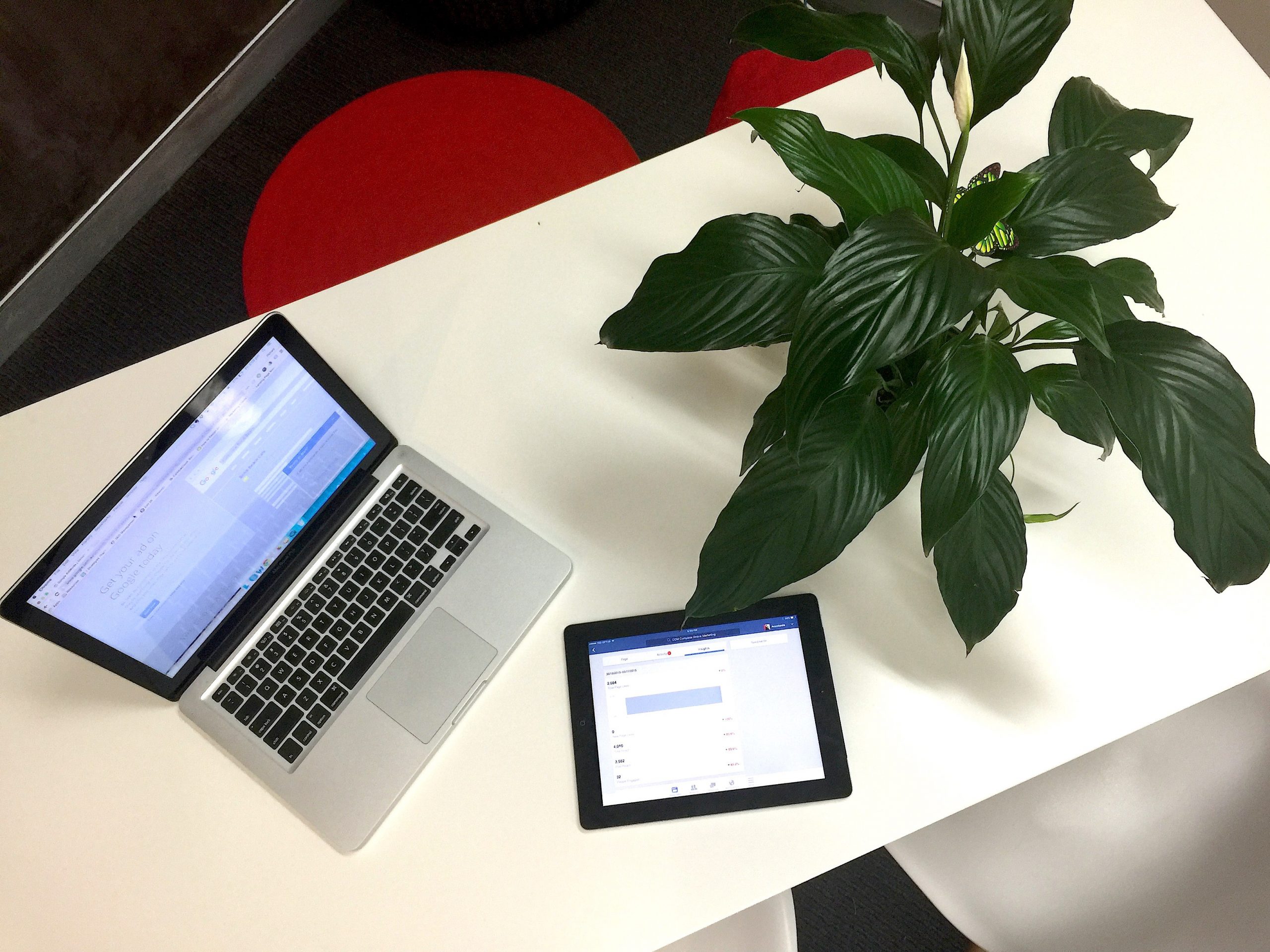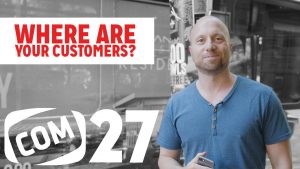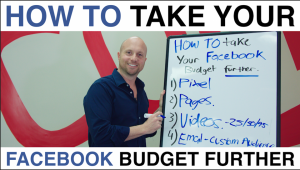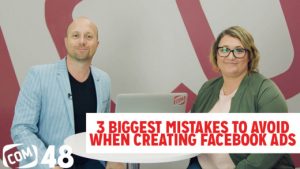Today, traffic is a commodity with a growing demand tag. The rise of social media, automation, and email marketing has meant that traditional search engine rankings are not as effective as they once were (Not saying it’s not effective). This has caused many marketers and businesses to steer towards paid advertising (PPC Advertising).
However, the two giants in the paid space are Google Adwords and Facebook Advertising… So which of the two is better for your business?
Let’s understand the similarities…
Both paid campaigns follow a PPC (pay per click) model, where advertisers are charged per click. They also both require relevance and targeting to be effective marketing sources. However, finding which is better becomes more prevalent in their differences. They both have the potential to reach mass audiences in short timeframes.
So Adwords or Facebook, which is better and why?
The biggest difference between the two advertising forms lies in the buyers intention level and purpose.
-
Buyers Intent – Interruption vs Keyword Specific
Facebook users find your ads based on interests. Most Facebook users don’t go on Facebook looking to buy new shoes… we like to call this interruption marketing because our ads are targeting people at their leisure. On the other hand, people on Google Adwords find you according to a specific keyword search. Therefore, these people are searching for you with intent to ‘buy’.
-
Targeting
Both mediums have theirs benefits, but the key difference is that Google Adwords is keyword specific, meaning demographically you do not have the ability to target age, gender and interest specific categories. Conversely, Facebook targets demographically, based on interests, activity and age.
So Which Is Better?
Simply put, based on Intent and Targeting metrics each model is favorable for different outcomes.
Being the largest social network, Facebook has the ability to generate huge impressions (reach, audience, views) in very quick timeframes. With the added ability to target based on behavioral characteristics, age and interests, Facebook is a great tool for brand awareness and low barrier offers ie: webinars registrations, free offers etc. Given its interruptive nature, most action is impulsive.
Here is a great example of a low barrier entry for Free Seminar Registrations. This specific business converted over 20% of attendees into sales at the seminar.
Google Adwords is far more ‘product’ specific and buying orientated; meaning people are physically searching for a product or service. Therefore, the intent is ‘buy’ focused meaning it’s more specific to the wants of the prospect searching. In saying this, Adwords can be extremely cost effective and generally have a better conversion rate. Therefore, Google Adwords is a great metric to target direct customers for your products and services in a scalable manner.
Here is a great example of a 350% ROI on a new financial year campaign. See data below.
So lets compare the pair…
 Both campaigns yielded returns over 300%. However, the main difference lies in the time frame from lead acquisition to sale. Adwords, yielded 350% return with direct sales, meaning the turnover period was much shorter given the nature of the buyers intent. Conversely, converting Facebook Ads into seminar attendees took longer required more work ie: seminar confirmations, booking location etc. However, w the Facebook campaign provided much more reach (impressions) which equated to new page likes, fans and evidence to prove that brand awareness was significantly higher than Google Adwords.
Both campaigns yielded returns over 300%. However, the main difference lies in the time frame from lead acquisition to sale. Adwords, yielded 350% return with direct sales, meaning the turnover period was much shorter given the nature of the buyers intent. Conversely, converting Facebook Ads into seminar attendees took longer required more work ie: seminar confirmations, booking location etc. However, w the Facebook campaign provided much more reach (impressions) which equated to new page likes, fans and evidence to prove that brand awareness was significantly higher than Google Adwords.
Overall, both campaigns were successful in meeting their individual objectives. Both yielded great returns for each individual business. It really comes down to the correct strategy, execution, the type of business you have and the goals you’re after.
WARNING: Implemented correctly, these campaigns can be extremely cost effective and profitable. However, it’s not as simple as putting a budget forward and running ads. This can often lead to huge costs with NO results (conversions). Each click and impression is vital, paid ads should always be conversion focused. Period.
[thrive_leads id=’1670′]







